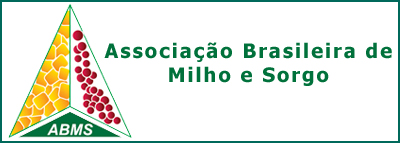FOLIAR FEEDING WITH ZINC AS A BIOFORTIFICATION STRATEGY IN MAIZE
DOI:
https://doi.org/10.18512/1980-6477/rbms.v18n2p281-289Keywords:
Zea mays L, zinc deficiency, micronutrients, food safety, plant nutrition.Abstract
Human zinc malnutrition is a concern in the contemporary scenario. Ranked among the serious micronutrient deficiencies and considered a major cause of child mortality, especially in developing countries. Cereals, such as maize (Zea mays L.), food source in these countries, show low zinc concentration. In view of this, biofortification has been shown promise to increase the nutrient content in staple foods and to improve their nutritional quality. The aim of this study was to evaluate the potential of maize genotypes in relation to yield and zinc concentration in grains and leaves as a function of zinc sulfate doses in two growing seasons. A total of 17 commercial hybrids were evaluated in three doses (0, 5, and 10g L-1 ha-1). The zinc concentration was quantified by acid digestion, followed by atomic absorption spectrophotometer analysis. Any change was observed in grain yield as a function of the doses. Higher doses applied near flowering resulted in higher concentrations of the micronutrient in the grains. However, the concentrations in the grains were, on average, below the value established by the Harvest Plus biofortification program. The results provide information for the selection of genotypes with zinc uptake potential aiming at food safety through agronomic biofortification.
Downloads
Published
How to Cite
Issue
Section
License
Authors retain copyright and grant the journal right of first publication with the work simultaneously licensed under the Creative Commons Attribution License that allows the sharing of work and recognition of the work of authorship and initial publication in this journal.
Authors are able to take on additional contracts separately for non-exclusive distribution of the version of the paper published in this journal (eg, in an institutional repository or publish as a book), with acknowledgment of its initial publication in this journal.
Authors are permitted and encouraged to post their work online (eg, in institutional repositories or on their website) at any point before or during the editorial process, as this may leadto productive exchanges, as well as increase the impact and citation of published work.



